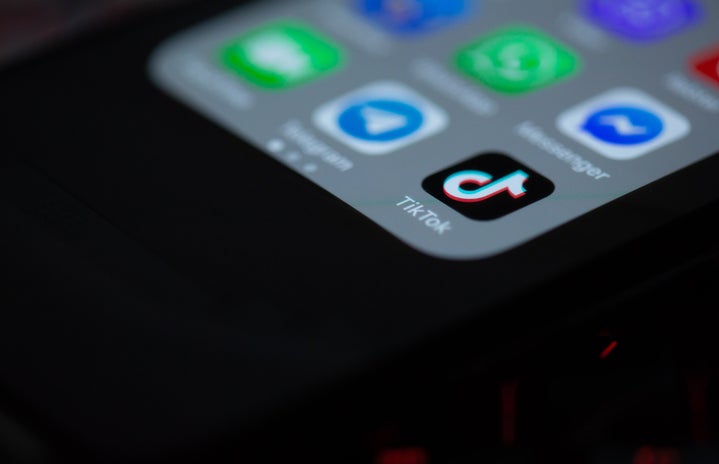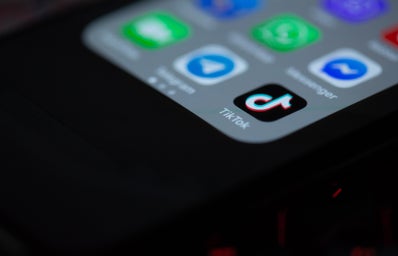Influencers have been around since the early 2010s, and platforms, such as TikTok and Instagram, have heightened the careers of so many people. Influencing has always been very important in our society, as trends change, and new products are launched by different brands. This trendy mindset society is stuck in affects so many people, and as a consumer, having people review new launches can help get real information regarding new products.
However, in the past few months, there has been a slight shift in influencing content and viral videos. Many people in the TikTok community have started to notice how trends have been changing at faster rates and patterns of overconsumption happening. More recently, I have seen many videos regarding “de-influencing,” and how influencing can be seen as harmful, or a direct link to overconsumption. De-influencing is a new movement that some social media users have started in order to stop excessive spending and consumption. This trend’s goal is to prevent social media users from continually buying new products, while also allowing influencers to gain trust with their followers by being honest in their reviews. The trend encourages consumers to understand that they don’t need a new outfit every time they go out, or need to buy every new makeup product because their new favorite influencer loves it. The idea of influencing not only impacts consumers by promoting the idea that excessive shopping is the norm, but it has also been noticeably harming the environment. Landfills are overflowing with clothing and other garbage due to the fast-fashion industry, and many have noticed the overproduction of makeup products as well. TikTok user, Eliseeatsplants, went viral when discussing de-influencing, and how she noticed that many influencers have made their followers believe that having huge collections of various products, such as a candle or makeup collection, is normal for the average person. She continues to explain how “weird and abnormal” it is to “have 17 different blushes that are all the same color”. I have also noticed that I have also fallen victim to the influencing community and buying excessive amounts of beauty products. I only have 1 set of lips; do I really need 12 different lipsticks that are the same shade?
Additionally, Elise added that many of these products that followers of bigger beauty influencers tend to be younger consumers (middle school to college age) who don’t see the bigger picture and long-term effects of having so many expirable and expensive products. She describes that influencers don’t need to consider the future, as they will continue to be shipped new products in the mail and will never come too close to finishing the product they were given. Alongside this point that Elise discusses in her video, it brings up another question that I, as a consumer wonder. How many of the gifted products do influencers give away directly after a sponsored post? Additionally, the costs of these products to consumers to influencers are very different. Influencers are often sent these products in PR packages. For a consumer, the packaging is standard and the product is not free. Personally, I would love any product I was sent for free.
However, I don’t see influencer marketing declining anytime soon. Although the de-influencing trend is booming and popular right now, trends only last for so long. Aside from the fact that this trend will inevitably die down, de-influencing as a trend is also only reaching a select group of people. These people who already knew of overconsumption and the impacts of this issue are going to be the most influenced by the de-influencing trend (ironic, isn’t it?). Therefore, I won’t be surprised if the new trend in a few weeks springs back to dropping 1k at Sephora again.


